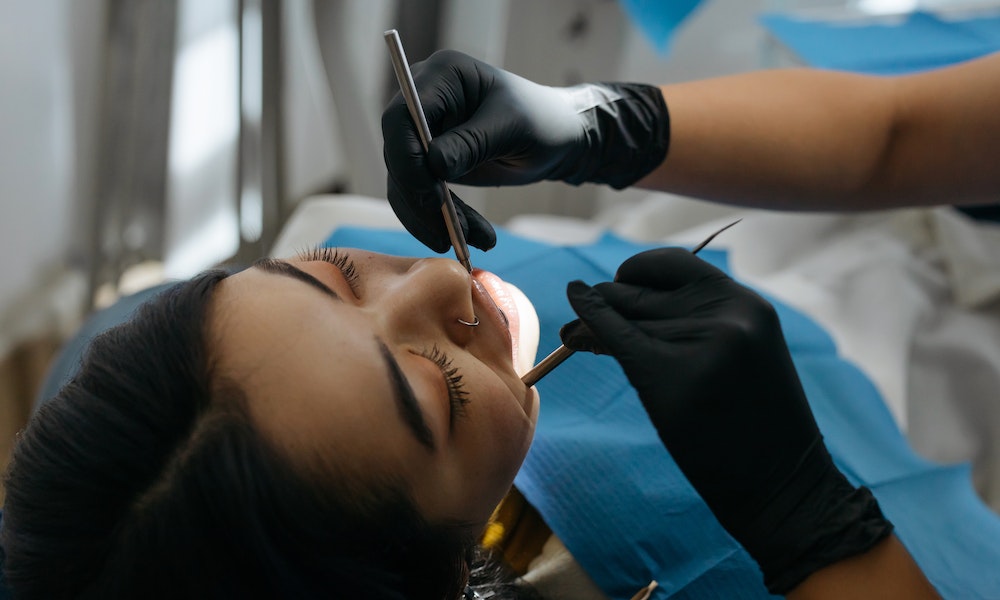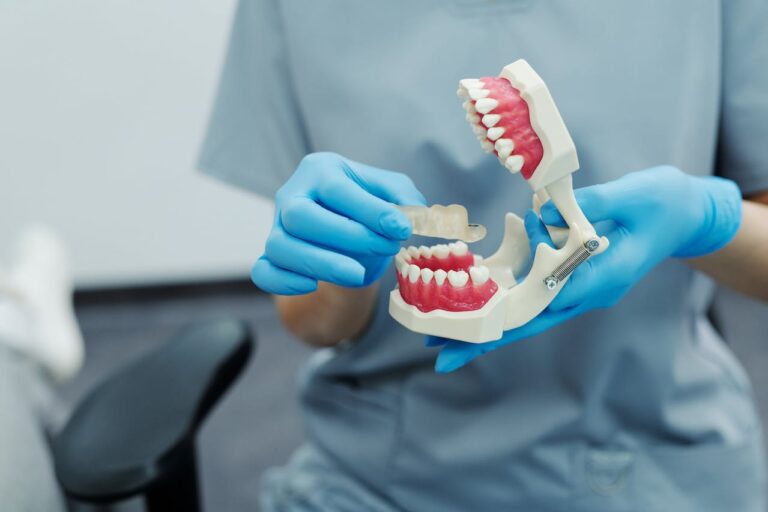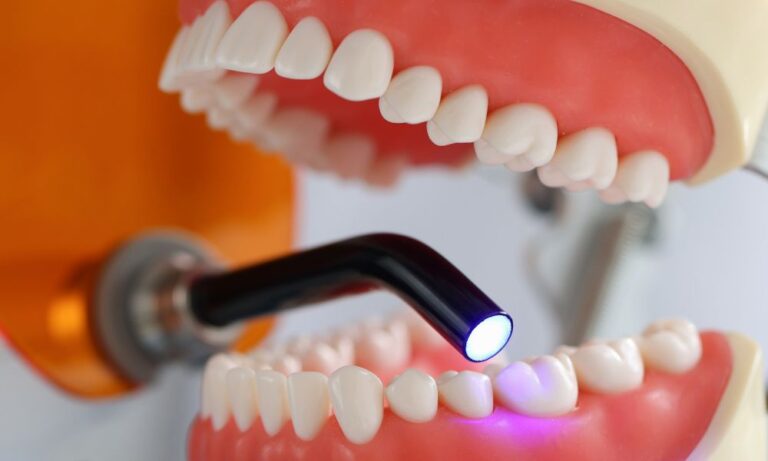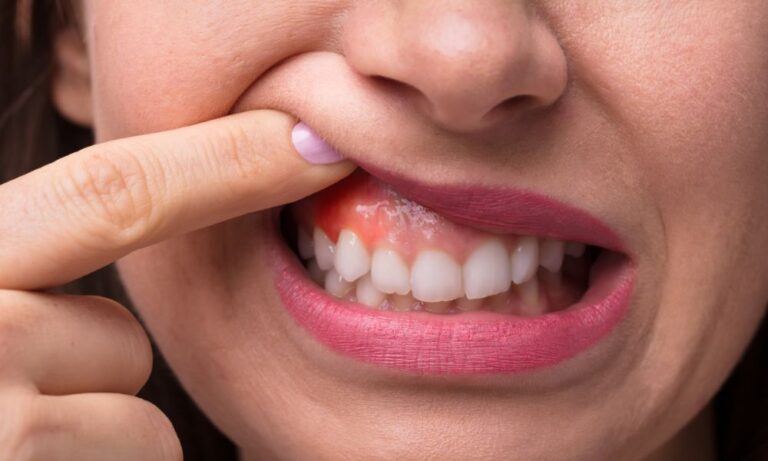Understanding Age-Related Risk Factors for Periodontal Diseases
Periodontal diseases, such as gingivitis and gum disease, can affect individuals of all ages, but specific age groups may be more susceptible to certain risk factors. Understanding the potential impact of age on the development of periodontal disease is crucial to protecting your oral health throughout your lifetime. This article will delve into the age-related risk factors associated with periodontal diseases, highlighting essential steps to prevent gum issues and maintain optimal oral hygiene at any stage of life.
From hormonal changes in adolescence to age-related dry mouth and gum recession in older adults, your age may play a significant role in your periodontal health. By recognizing these risk factors and adopting preventative measures, you can effectively navigate age-related oral health challenges. Join us in exploring the relationship between age and gum health, and discover how to maintain resilient, healthy gums across the years.
1. Adolescence and Periodontal Health: Hormonal Fluctuations and Oral Hygiene Habits
During adolescence, hormonal fluctuations can increase the likelihood of developing gum inflammation and gingivitis. The increase in estrogen and progesterone levels may cause gum tissues to become more sensitive to plaque and bacteria, leading to irritation and swelling. Additionally, teenagers tend to adopt more independent oral hygiene habits, and sometimes, these habits may not be as diligent as necessary for preventing gum issues. To maintain healthy gums during this stage, it’s vital for adolescents to maintain proper oral hygiene by brushing twice daily, flossing daily, and scheduling regular dental checkups.
2. Adulthood: Increased Risk of Periodontitis and Gum Recession
As adults age, the risk of developing periodontitis and gum recession may increase. Periodontitis, an advanced gum disease, is more prevalent in adults aged 35-64, according to the Centers for Disease Control and Prevention (CDC). Lifestyle factors may contribute to this increased risk of gum disease, such as smoking, stress, and poor diet. Furthermore, gum recession, which exposes tooth roots and increases sensitivity, becomes more common as adults age. To protect your gums during adulthood, maintain a balanced diet, practice good oral hygiene, quit smoking, and consider stress management techniques.
3. Pregnancy and Oral Health: The Role of Pregnancy Hormones
Pregnancy can also impact a person’s risk of developing gum disease due to increased hormone levels. Pregnant women are more susceptible to developing pregnancy gingivitis, a mild form of gum disease characterized by swollen, tender gums that bleed during brushing or flossing. Because pregnancy gingivitis can potentially lead to more severe gum disease and pregnancy complications, maintaining proper oral hygiene and frequent dental visits is crucial during this time.
4. The Impact of Menopause on Oral Health
During menopause, women may experience a range of oral health issues due to hormonal changes and reduced estrogen levels. Some common oral health problems in menopausal women include dry mouth, gum inflammation, and weakened tooth enamel. Dry mouth can increase plaque buildup, leading to a higher risk of tooth decay and gum disease. To counteract these age-specific challenges, menopausal women should drink plenty of water, maintain good oral hygiene habits, and use fluoride-based dental products to strengthen tooth enamel.
5. Older Adults: Dry Mouth, Gum Recession, and Tooth Loss
Older adults often experience age-specific oral health concerns, such as dry mouth, gum recession, and tooth loss. Saliva production may decline due to age or as a side effect of certain medications, which contributes to dry mouth. This condition can increase the risk of gum disease and tooth decay. Moreover, gum recession may worsen with age, exposing tooth roots and heightening the risk of decay.
The CDC states that about 13% of adults aged 65 and older have lost all their teeth due to decay or gum disease. To maintain healthy gums as an older adult, stay hydrated, use a humidifier to increase moisture in your home, maintain your oral hygiene routine, discuss any medication-related side effects with your healthcare provider, and attend regular dental checkups.
6. The Importance of Preventative Care Across All Age Groups
No matter your age, practicing preventative care is crucial for maintaining good oral health. Implementing positive oral hygiene habits early on can set a strong foundation for gum health throughout your lifetime. Key steps in periodontal health maintenance include:
- Brushing twice a day with a fluoride toothpaste
- Flossing daily to remove plaque and bacteria from hard-to-reach areas
- Eating a balanced diet rich in fruits, vegetables, and essential nutrients
- Limiting sugary foods and drinks that can contribute to tooth decay
- Scheduling regular dental checkups and professional cleanings
- Quitting smoking if applicable, as tobacco use significantly increases the risk of gum disease
- Communicating with your dentist about any oral health changes or concerns, such as unexplained bleeding or gum discomfort
Safeguard Your Gum Health at Every Age with Dental Specialists of Southern Colorado
Understanding the age-related risk factors for periodontal disease equips you with the information needed to maintain optimal gum health throughout your lifetime. By following these guidelines and paying close attention to age-specific risk factors, you can maintain healthy gums and reduce the likelihood of developing periodontal diseases throughout your lifespan.
At Dental Specialists of Southern Colorado, our team of expert periodontists in Colorado Springs is committed to helping you navigate these risks and providing the specialized care needed for healthy gums at any age. Trust us to keep your gums in great shape, allowing you to enjoy a vibrant, long-lasting smile. Don’t let age-related challenges stand in the way of your oral health. Contact us today to schedule an appointment with our skilled periodontists, and together, we’ll create a customized care plan tailored to your unique age-specific needs!

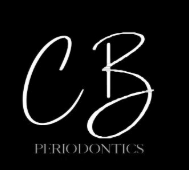 header-logo
header-logo